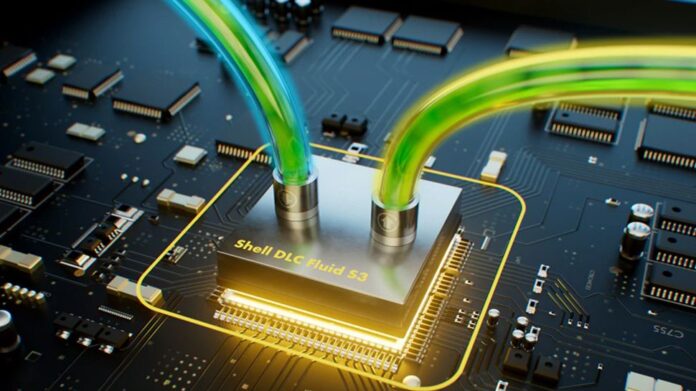Powering the future digital infrastructure
According to Shell, its new fluid could improve Power Usage Efficiency (PUE) up to 27% when compared to air-cooling, potentially reducing energy-intensive air-conditioning. The company also highlights that the fluid has a longer service life, corrosion resistance across a wide range of metals and fluorescent dye to make leak detection easier. Shell DLC Fluid S3 offers direct-to chip and full immersion cooling options. “We’re not only keeping data centers cool, we’re also powering the future digital infrastructure,” said Aysun Akik VP New Business Development & Global Key Accounts at Shell Lubricants.
Our growing range of advanced fluid cooling solutions are designed to meet the needs of modern data centres today and tomorrow. They are backed by Shell’s global footprint and supply chain, as well as five technology development centers around the world.
In a previous article, we discussed how Castrol, one of the biggest names in motor lubricants has entered this market and is developing dielectric liquids for immersion cooling system.
The data center of 2030 is going to look very different than today’s
Wayne Williams writes news for TechRadar Pro as a freelancer. He has been writing for 30 years about computers, technology and the web. During that time, he wrote for many of the UK PC magazines and launched, edited, and published several of them.


